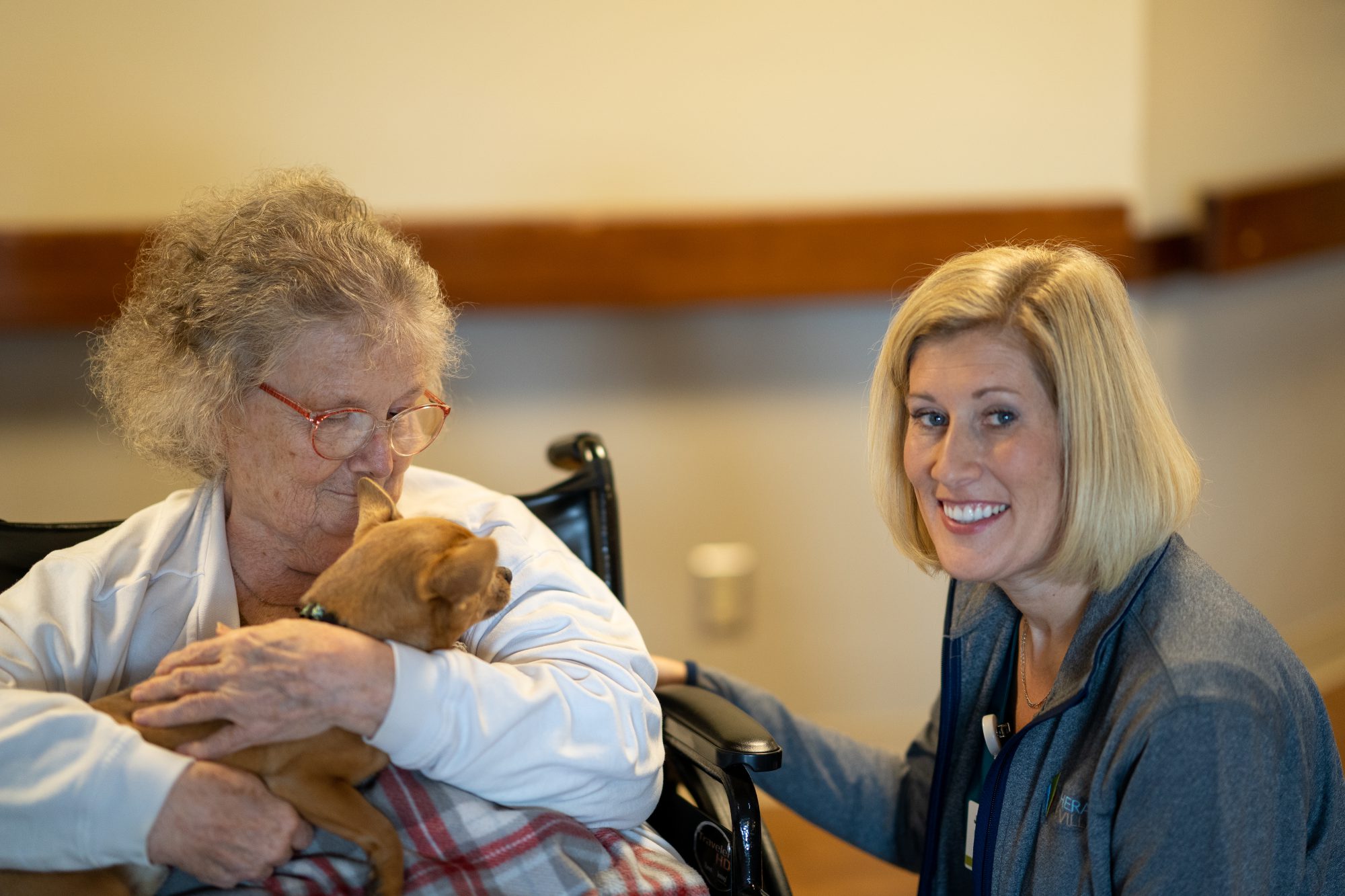Medical Scribes and HIPAA: What You Need to Know About Privacy

The rise of medical scribes has transformed healthcare by easing the burden of documentation for physicians. In clinics, hospitals, and especially emergency rooms, scribes help record patient encounters in real-time so that providers can focus on delivering care. But while scribes are valuable members of the healthcare team, their role comes with serious responsibilities—particularly regarding patient privacy.
Every scribe must operate under the Health Insurance Portability and Accountability Act (HIPAA), the U.S. law that sets standards for protecting sensitive patient health information. HIPAA compliance is a cornerstone of the medical scribe role, both for current professionals and those preparing to enter the field.
What Is HIPAA?
HIPAA, enacted in 1996, is a federal law designed to safeguard Protected Health Information (PHI). PHI includes any data that can identify a patient, such as:
- Names
- Dates of birth
- Medical record numbers
- Diagnoses, treatments, and test results
HIPAA ensures that this information is used and shared only for legitimate healthcare purposes and that patients’ privacy rights are respected.
Why HIPAA Matters for Medical Scribes
Medical scribes have direct access to PHI because they work closely with physicians while documenting medical encounters. This means they are trusted with highly sensitive information, from lab results to mental health notes.
Unlike nurses or doctors who provide clinical care, scribes are exclusively focused on documentation, which gives them continuous exposure to patient records. This makes HIPAA training and compliance especially important. One careless mistake—like leaving a chart open on a computer or discussing a patient in a public hallway—can lead to a privacy violation, which can harm patients and result in legal and financial consequences for the organization.
Key HIPAA Rules Every Scribe Must Follow
To maintain compliance, scribes are expected to follow the same standards as other healthcare workers. Some of the most critical rules include:
1. Minimum Necessary Standard
Scribes should only access the information they need to perform their job duties. Looking at records unrelated to the physician’s patient is considered a violation.
2. Confidential Conversations
Discussions about patients must be limited to professional contexts. Talking about a patient outside the clinical setting—even casually with friends or family—is prohibited.
3. Secure Handling of Records
Whether using paper charts or electronic health records (EHRs), scribes must ensure records are secure. That means logging out of systems, not writing down PHI on unauthorized notes, and avoiding the use of personal devices for work.
4. Proper Disposal of PHI
If scribes ever work with printed materials, they must ensure documents are disposed of in secure bins designed for shredding, not regular trash.
5. Reporting Breaches
If a scribe becomes aware of a potential privacy breach, they must report it immediately to the appropriate compliance officer or supervisor. Ignoring it can make the situation worse.
Training and Certification for HIPAA Compliance
Most medical scribe training programs include HIPAA education, and many healthcare facilities require scribes to complete compliance courses before starting work. Training typically covers:
- What constitutes PHI
- How to recognize and prevent violations
- Security practices for both paper and digital records
- Scenarios and role-playing to handle real-life situations
Some emergency scribes also pursue certification through organizations like the American Healthcare Documentation Professionals Group (AHDPG), which reinforces professionalism and compliance with privacy standards.
Consequences of HIPAA Violations
Violating HIPAA can have serious consequences for both the scribe and the healthcare institution. Penalties may include:
- Civil fines ranging from hundreds to thousands of dollars per violation
- Criminal charges in cases of deliberate misuse or disclosure of PHI
- Loss of trust from both patients and employers
Even accidental violations—like leaving a patient chart visible—can result in disciplinary action.
The Role of Scribes in Patient Trust
Patients often don’t realize a medical scribe is present during their appointment until introduced by the physician. Some may even feel uncomfortable knowing another person is listening. This makes professionalism and confidentiality critical.
When scribes follow HIPAA rules diligently, they help build patient trust. Patients are more likely to speak openly about their symptoms and medical history when they feel confident their privacy is protected. In turn, this leads to better documentation, more accurate diagnoses, and stronger continuity of care.
Practical Tips for Scribes to Stay HIPAA-Compliant
- Always introduce yourself to patients and explain your role.
- Never access records outside of your assigned patients.
- Avoid discussing patient cases outside the ER, clinic, or hospital.
- Log out of EHR systems whenever leaving a workstation.
- Follow your facility’s procedures for reporting privacy concerns.
By practicing these simple habits, scribes can uphold the law and protect patient rights.
Conclusion
Medical scribes play an important role in modern healthcare, but with that responsibility comes the obligation to protect patient privacy. HIPAA provides the legal framework, but it’s up to each scribe to follow best practices every day.
From limiting access to PHI to reporting breaches, scribes must remain vigilant. Ultimately, respecting patient privacy not only avoids legal penalties—it also strengthens trust, enhances communication, and improves patient care overall.
For anyone entering the profession, remember this: being a great scribe isn’t just about typing quickly or knowing medical terms. It’s about honoring the responsibility that comes with accessing people’s most sensitive health information.

